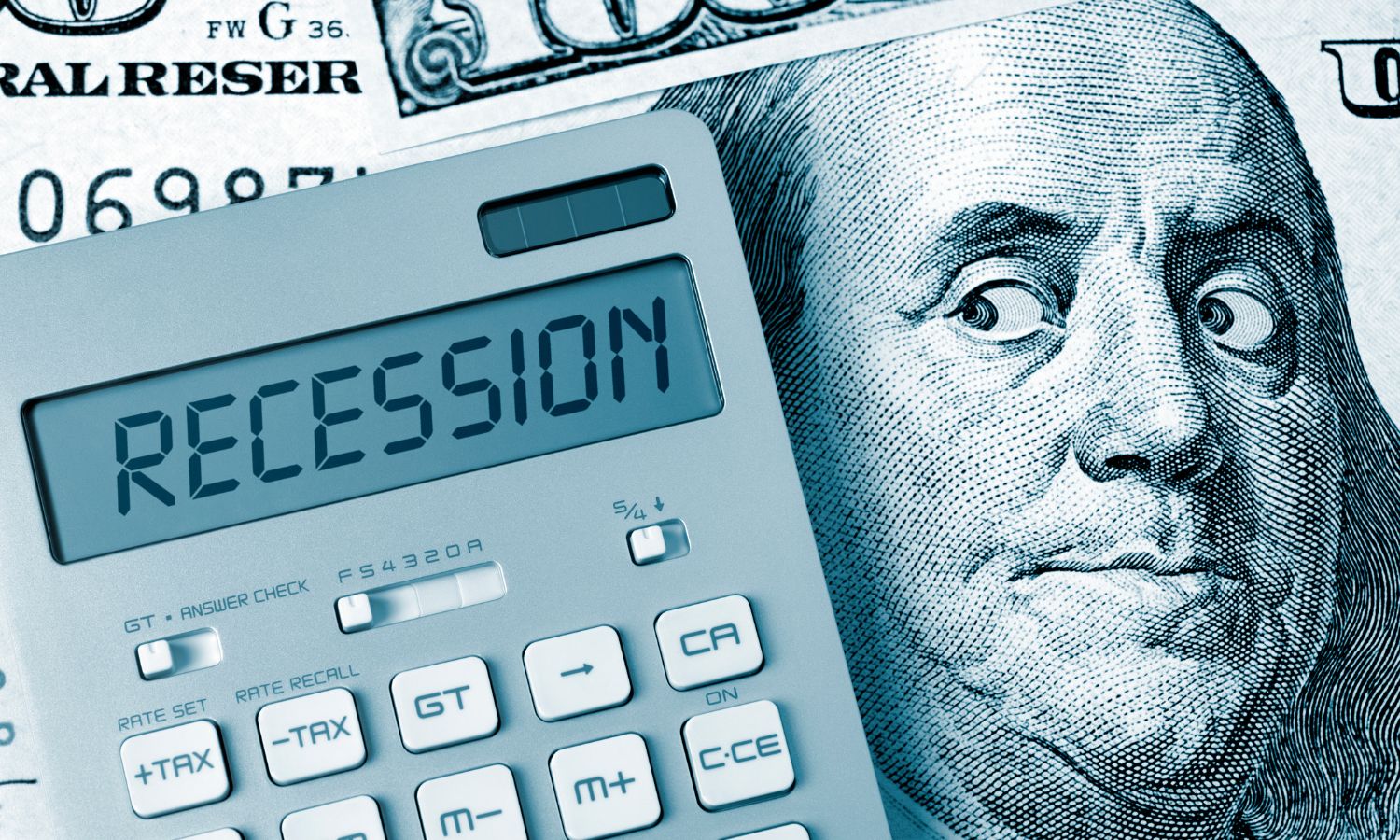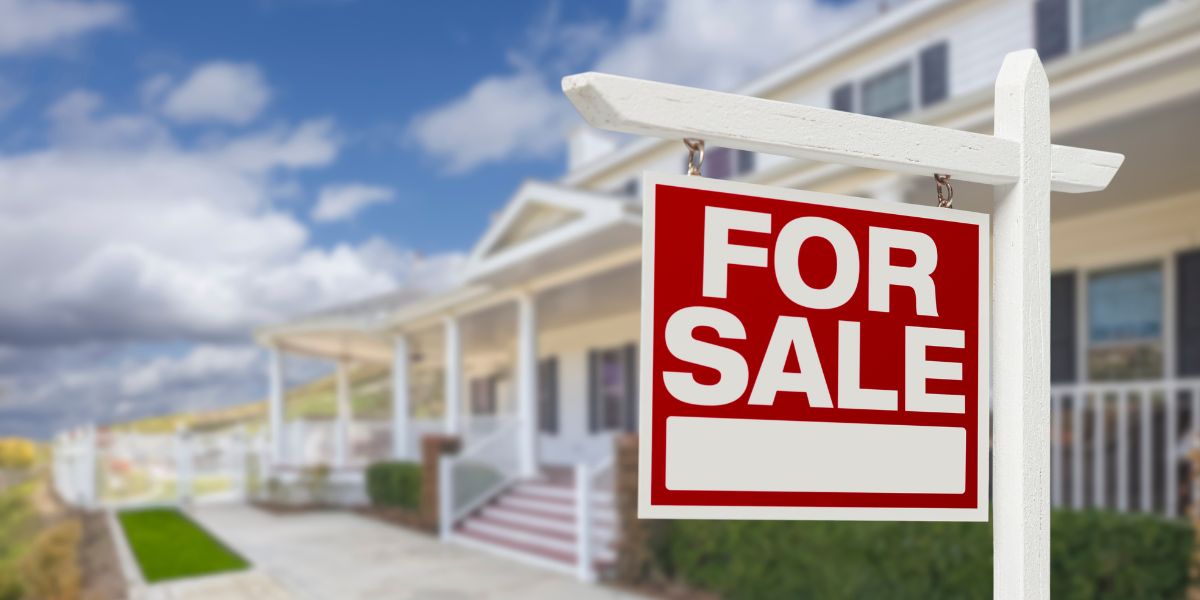
In a recession there are usually less buyers and so the houses remain on the market for longer. In order to increase the chances of their home being sold, sellers lower their asking prices. During this time, you may find it hard to sell. Real estate suffered a devastating recession in 2008. The real estate market was in chaos as sales plummeted, houses were foreclosed and the overall market collapsed. This guide will explain what happens to the housing markets during a recession.
What is a Recession?
When GDP decreases or is negative for two consecutive quarters, a recession occurs. Most experts, however, believe that a recession is more than just one indicator. Other factors such as unemployment, income, retail sales, consumer spending and industrial production all play a part in determining if a recession is present.
What happens to the housing market during a recession?
The housing market can be affected by economic recessions and the Federal Reserve’s response. During a recession, the Fed lowers rates. This stimulates the economy and encourages people spend more money. This usually leads to lower mortgage rates and more homebuyer opportunities. In the current market, however, interest rates have risen rather than fallen.
As interest rates rise, the cost to obtain a mortgage for a home purchase increases. In turn, this reduces the demand for housing. During a recession, home prices may also fluctuate. Home prices can fall when interest rates increase, while the cost of financing an investment home usually increases.
There is less competition for the same inventory of homes because demand and buyers are down. Sellers lose their advantage in the roaring market of recent years when competition is gone. It is almost certain that they will have to accept a lower price than what they initially asked for — or at least a lesser amount than would have been received in a competitive market. This is not good news for sellers but can be a positive for buyers.

Should I sell my house during a recession?
It is true that recessions often drive buyers away from the market. However, this does not mean it’s a bad time to sell. We’ll examine the pros of selling your house during a downturn.
The Pros and Cons of Selling Your House in a Recession
1. Because sellers have equity, it is unlikely that they will sell short.
Selling your house before a recession is a great way to save money and liquidate equity. Homeowners with equity are less likely to need to negotiate a sale because they won’t be underwater on their loan. Short sales are typically more time-consuming because there is an extra party involved – the seller’s mortgage lender. Most lenders also take a long time to respond to inquiries or offers.
2. Buyers who are qualified will make an offer.
Buyers will be eager to make an offer if you live in an attractive neighborhood or if your home has desirable features, such as a large backyard, an updated kitchen, an inground pool, etc. If a property is receiving a lot interest, buyers might offer more than the original asking price.
3. Prices of homes are at record highs
Michael Acquisto and Shana Acquisto are two of the top real estate agents from Texas. Both have 19 years’ experience. They say that you can’t predict when something will happen. You must do what is best for yourself. Before a recession, home prices tend to be at their highest. You are more likely to get multiple offers, and you can choose the best conditions such as the closing dates.

Cons of Selling Your House in a Recession
1. It will be difficult to find a place new to live.
Whether you are buying or selling, there will be a place for you to go. You will have to compete with other buyers unless you own a second house or are planning to rent it for a period of time. You may find it difficult to find a home that suits your budget and meets your needs.
2. You may have to pay more in interest if you buy a new home.
You may still have to pay more for your mortgage despite interest rates reaching historic lows. This is especially true if you refinanced at a time when rates were lower and your credit was affected by the pandemic.
3. Your home must be in excellent condition to attract buyers.
If they pay more than the asking price, buyers believe that the home is worth it. This can put pressure on sellers to spend money to get the house ready for sale. Some home improvements will increase the value of your house. You might find it worth your while.
